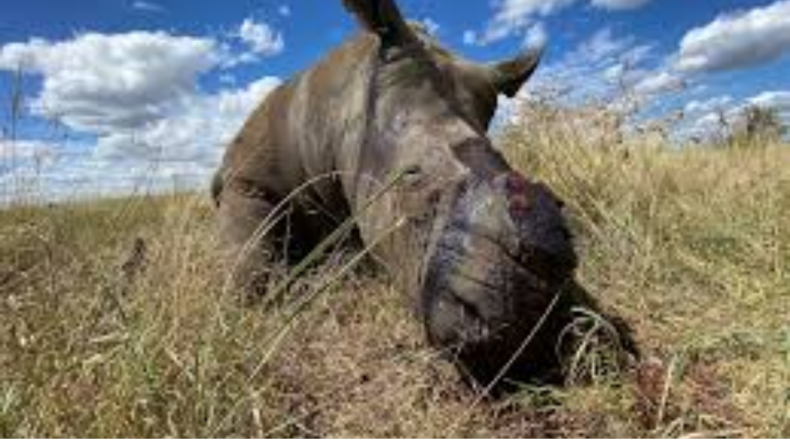Poaching refers to the illegal hunting of animals in a country that are protected by national or international laws. One glance at history will tell you that poaching has happened as long as mankind has hunted animals for food or recreation.
In medieval England, all deer in the kingdom were the property of the King, and yet intrepid poachers would often risk public execution to hunt a good buck for that good joint of venison.
As the twentieth century dawned and people became more conscious regarding the environment, hunting most animal species in the world became illegal. But has the problem of poaching vanished?
Thriving Black Market
On the contrary, the black market for illegally poached animal parts has only grown tenfold in the last two decades. It is an industry worth billions of dollars maintained by transnational syndicates which operate on machinery so professional even government agencies, will curl up in shame and die.
Most of it is because of a combination of many factors, foremost among which is the fact that animal protection often ignores the needs of the traditional forest communities. Thus, impoverished tribesmen well versed in the ways of the wild often engage in poaching directly or act as guides for professional poachers to make both ends meet.
And I kid you not, it pays a hefty sum of money. The forest departments are severely under-resourced or understaffed and as investigations have often revealed, some of them eventually work hand-in-glove with poaching syndicates to procure animal body parts.
Coming back to India, there are several strong laws in place that on paper should be enough to deter poachers. The Wildlife Protection Act, for example, makes it a punishable offence to hunt animals that are listed under it. If such criminals are found in sanctuaries or national parks, they are served with a mandatory jail term and a penalty of almost fifty lakh rupees.
The problem is without proper enforcement, such laws are only paper tigers which do not prevent the real ones from getting killed. Their tails and skins sheared off and shipped off to international black markets. Out of 900 cases of poaching, only an appalling six have ever been convicted.
The Situation
The Northeastern part of India suffers, particularly from poaching. Assam alone is plagued by illegal hunting, an estimated twenty being killed every year in what is already an endangered species. Rhino horns are a prized possession for exotic dealers and collectors, not to mention powdered horn is considered an ingredient in Chinese medicine along with tiger paws and fangs.
Elephants are also killed for their ivory tusks which are then sold at private auctions for astronomical prices. Add to that the exotic pet industry; affluent citizens in India and abroad have a fashion of keeping pets that go well beyond the ken of what is normal.
Dogs, cats and canaries aside, vulnerable turtles, parakeets, macaques to leopards, black panthers and even tiger cubs are kept at homes by those who can afford them even though possession of certain breeds can award the possessor a term in jail and considerable loss of face.
What is the solution to poaching, one may ask? For one, the governments of all the countries and especially India, place a great amount of responsibility upon the citizens to manage and protect the natural ecosystem in which they live.
The onus of contributing our bit to environmental conservation lies solely on us and it cannot be enforced with any amount of coercion, threats, laws and punishment.
The forest communities have to be strengthened which is the first step anyway, since it is nigh impossible to progress even one step along the path of environmental conservation without aid from indigenous tribes.













